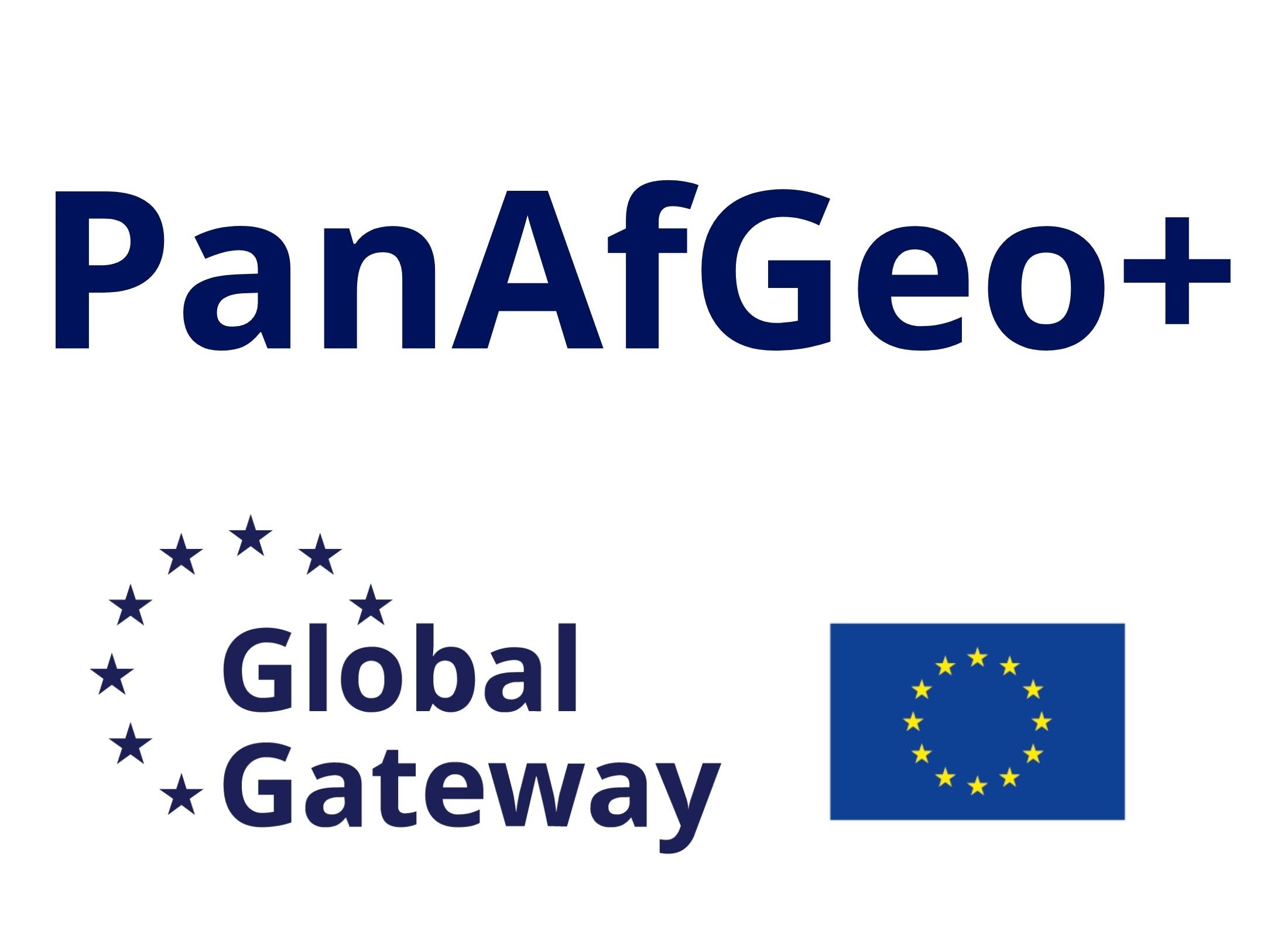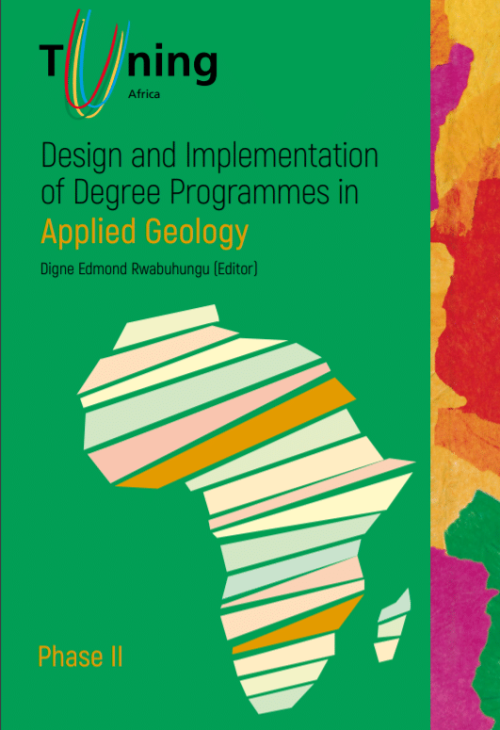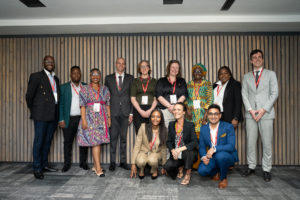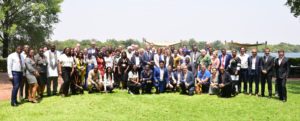The harmonisation of higher education in Africa is a multidimensional process that promotes the development of an integrated higher education space on the continent of Africa. The objective is to achieve collaboration across borders, sub-regionally and regionally, in curriculum development, educational standards and quality assurance, joint structural convergence, consistency of systems as well as compatibility, recognition and transferability of degrees to facilitate mobility. Harmonisation is necessary for achievement of the African Union vision of integration, peace and prosperity.
Tuning Africa was adopted as a possible instrument to advance the African Union’s harmonisation agenda, in collaboration with the EU through the Joint Africa-EU Strategy. Implementing a second phase of Tuning was one of the commitments taken at the 2014 Africa-EU Summit in 2014 in Brussels, as a follow-up to the very successful pilot phase which took place between 2011 and 2013. At the November 2017 Africa-EU Summit in Abidjan, Heads of State committed to deepening their collaboration and exchange in education, aiming at increasing the employability of young people bearing in mind that investing in youth and future generations in Africa is a prerequisite for building a sustainable future. In this context, further concrete initiatives in the field of higher education which aim to enhance relevance and the quality of education and training will be encouraged.
By contributing to the harmonisation of higher education in Africa, Tuning Africa is complementing Erasmus+, the Intra-Africa academic mobility programme and the Nyerere scheme; thereby enhancing the mutual recognition of academic qualifications and facilitating exchanges and mobility of students and staff across the continent and with Europe. This is instrumental for acquiring key skills and competences that are important for employability, facilitating collaborative research addressing common challenges, and for ensuring
relevant and quality education. The dialogue on credits and a common credit system for Africa is another major deliverable for Africa. All these initiatives are in line with the Continental Education Strategy for Africa as well as Africa’s Agenda 2063 which calls for an education and skills revolution.
Tuning Africa has provided a platform for dialogue on quality assurance and the improvement of teaching, learning and assessment in higher education. Bringing together academia and employers, and importantly in this second phase, the active involvement of students, has been crucial. The success of Tuning Africa has been the involvement of a critical mass of universities and stakeholders, the ownership and commitment of all involved, as well as a transparent and credible leadership. The AUC and EC are grateful to all the African and European experts involved in the production of this book, which is an outcome of the Joint Africa-EU Partnership Harmonisation and Tuning Africa 2 initiative.





